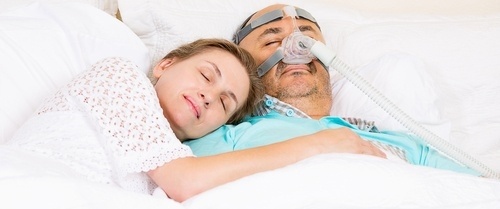
Myth: You can make up for lost sleep on weekends
Many people think that if they’ve missed out on their full eight hours during the week, they can make up for it by sleeping longer, or “binge sleeping” over the weekend. Most people might call this “sleep debt”, while Harvard sleep expert Robert Stickgold refers to this sleep pattern as “sleep bulimia”. Studies have found that sleep bulimia, or trying to cancel out your sleep debt, upsets your body clock.
Sleeping more at the weekend makes getting to sleep at a normal time even harder when the week rolls around again, resulting in another week of sleepless nights. If you’re guilty of sleep bulimia, try to get to bed and rise around the same time every night – even on weekends.
Myth: Old people need less sleep
Many people think that people need less sleep as they age – an idea that is often backed up by elderly family members rising earlier than everyone else. The truth is, however, that as we age we tend to need roughly the same amount of sleep.
The reason older people sleep less is because it becomes harder for our bodies to stay in a deep sleep as we get older. Studies have shown that older people struggle to sleep through the night and thus sleep less, even though their sleep needs don’t change.
Myth: Drinking alcohol aids sleep
A lot of people like to unwind after a hard day with a drink, and many people think that a “night-cap” can help you to drift off more easily if you’re feeling stressed. However, alcohol can affect your sleep patterns, and not for the better.
Having alcohol in your blood stream when you go to bed can cause your body to go straight into deep sleep, missing out the interim stage of rapid eye movement (REM) sleep. REM sleep is important for processing information, and is the sleep level where most dreaming occurs.
As the alcohol wears off, it can cause your body to come out of deep sleep and into REM sleep, which is much easier to wake from. This explains why you often wake up early after a heavy night.
Drinking before bed can also result in dehydration, and cause snoring and other side effects. Find out more about how alcohol can affect your sleep at Drink Aware.
Myth: We all need eight hours per night
The magic number eight is widely believed to be the optimum number of hours’ sleep that everyone should aim for. However, as Russell Foster explains in his TED talk, eight hours is simply an average.
There are numerous factors that can affect the amount of sleep you need to feel adequately rested the following day, including age, quality of sleep and lifestyle. The truth is, some people just don’t need as much sleep as others.
Infants and toddlers require nine to ten hours per night, plus two to three hours of naps. School-age children should get between nine and 11 hours, while adults require seven to nine hours.
Remember that long-term sleep problems are detrimental to your health and life. If you believe that you are suffering with sleep apnea, call one of our board-certified sleep specialist at Alaska Sleep Clinic.









